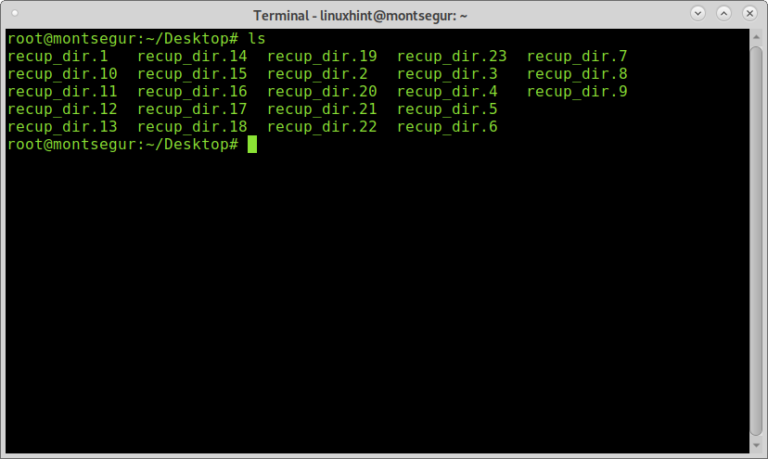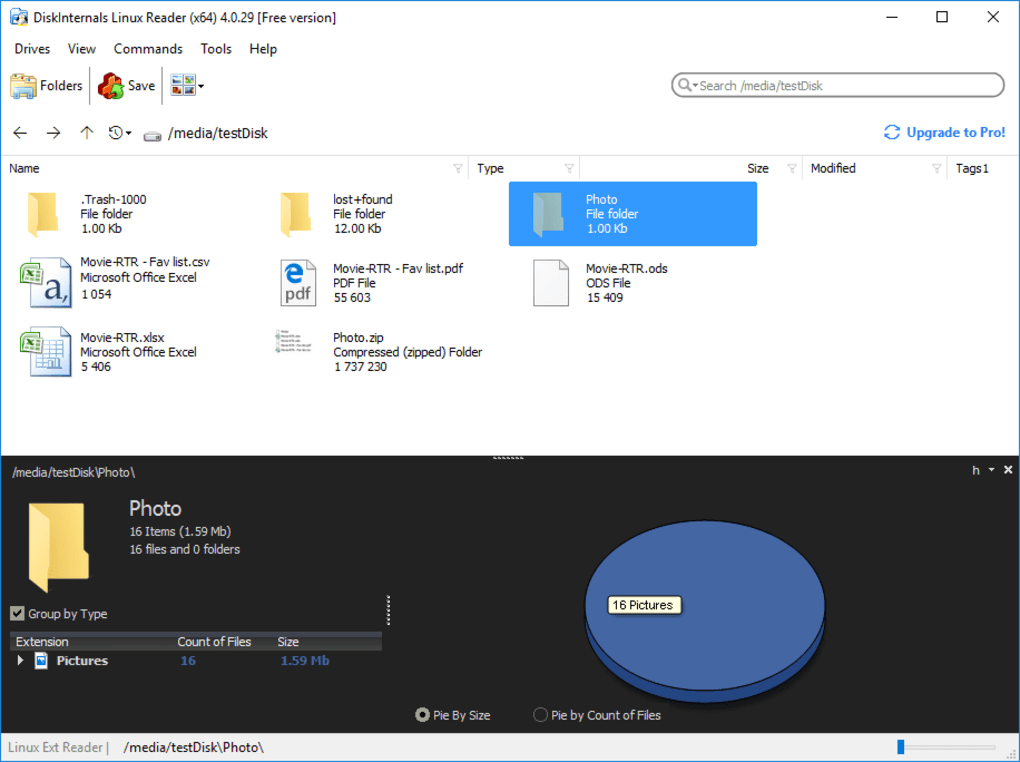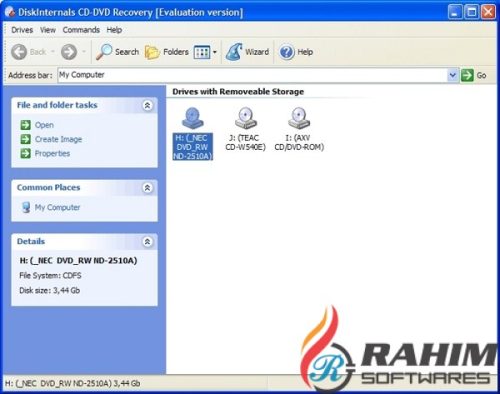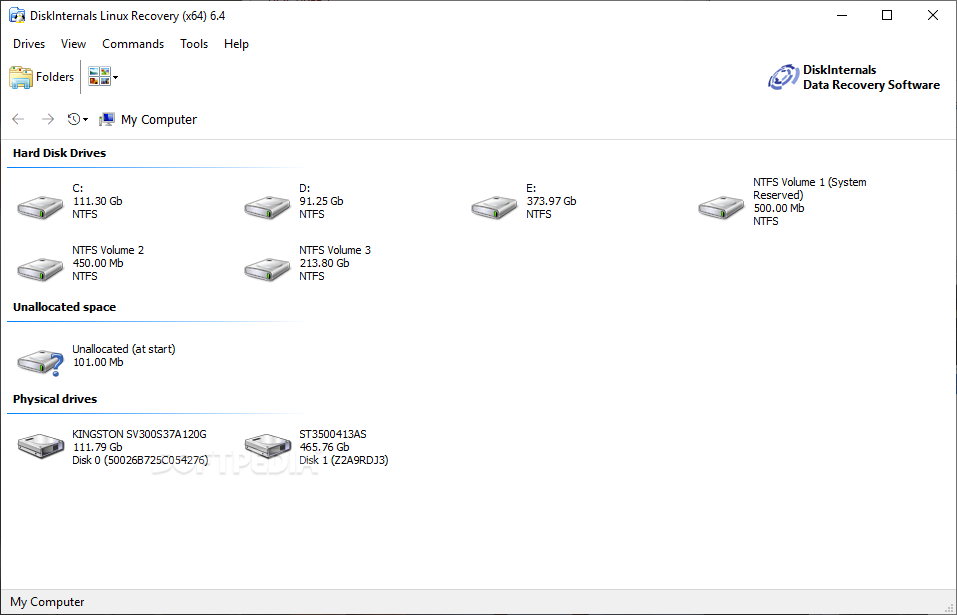


The program assigned each recoverable file an arbitrary filename such as 00000011.xlsx, but displayed a the contents of the file in a preview window so that I could see whether it was the file I wanted. When I clicked on an entry on the list of file types, it opened a "virtual folder" – an Explorer-type list of recoverable files that matched the file type I had selected, for example Excel Worksheets. When the scan of my drive was complete, the program displayed a list of file types such as "Adobe Acrobat Document (pdf)," Microsoft Excel Worksheet (xlsx)," arranged like a list of folders. The program's interface looks so much like Windows Explorer that you can concentrate entirely on recovering your files, not on learning a new interface. If you keep everything on a single partition, as in most store-bought systems, it will take a lot longer to scan your 500GB or larger drive. I use a 40GB partition for my data files, and it took the program about twenty minutes to scan it for deleted files. When you tell it to start scanning, it takes its time reading the disk. You can choose to scan either a disk partition (roughly the equivalent of a drive with a drive letter) or, in case your disk is seriously scrambled, an entire disk.

When you start NTFS Recovery it displays an Explorer-style list of the drives on your system, and offers to scan one of them for deleted files or folders. Now that I've tested it, I'm going to install it on every system I use so it's there when I need it. In addition to its undelete function, it also offers a unique set of advanced features, including the ability to create backup images of your disks and tricks that let you access a small section of your drive even when the rest of it is too damaged to read. Of course, if Recuva can restore the files you need to recover, then you don't need anything more, but for anyone who manages multiple machines, I think NTFS Recovery is worth having. The best I've found is DiskInternals NTFS Recovery, which has the most powerful and the easiest-to-use file recovery features I've ever seen.Ĭompared to its freeware competitor, Recuva, it found and recovered a larger number of deleted files. That doesn't mean you'll never need one, especially if someone in your office or family neglects to make regular backups. Now that virtually every Windows systems runs Windows XP, Vista, or Windows 7 on disks that use the advanced NTFS file system, undelete utilities are rare on the ground.

Best Hosted Endpoint Protection and Security Softwareīack in the days when everyone used Windows 98 on hard disks that used the primitive FAT file system, every software utility suite included an Undelete program.


 0 kommentar(er)
0 kommentar(er)
